January 16, 2025 | 2:00-5:00pm | LSRC A158
Please join us on Thursday, January 16 for an ITEHP Alumni Panel!
This event is in-person ONLY with no livestream option.
RSVP is required due to limited capacity.
2:00-3:50pm Individual Career Talk Presentations + Q&A
3:50-4:00pm Panel Q&A
4:00-5:00pm Happy hour with food and beverage. Take advantage of this time to chat with our alumni!
Check out the speaker bios below!
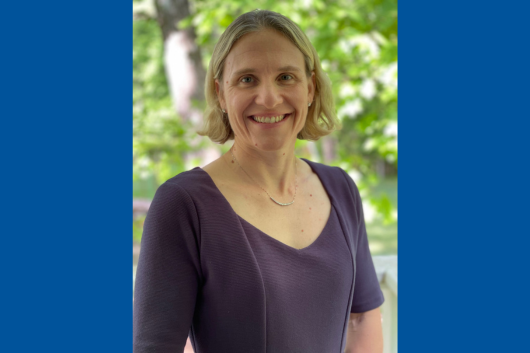
Dr. Brooke Tvermoes is a board-certified toxicologist and serves as Director of Environmental Affairs within IBM’s Chief Sustainability Office. She leads a global team that is responsible for setting the strategic direction and driving the performance of IBM’s environmental programs and goals. She drives IBM’s sustainability strategy by fostering innovative ecosystems that unite industry partners, researchers, and IBM’s global operations. Dr. Tvermoes champions the integration of cutting-edge AI solutions to optimize resource efficiency, reduce environmental impact, and accelerate sustainable practices across IBM’s operations, supply chain, products, and services. Most recently she chaired SRC’s MAPT (Microelectronics and Advanced Packaging Technology) roadmap chapter on semiconductor sustainability and energy efficiency.
Brooke has a Bachelor of Science degree in Chemistry from Northern Arizona University and a PhD in Toxicology from Duke University. She joined IBM and Corporate Environmental Affairs staff in 2016.
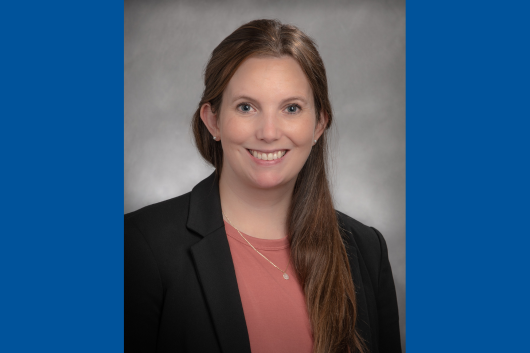
Chelsea Landon, DVM, PhD, DACLAM is originally from Arkansas, which is where she completed a BS in Fisheries and Wildlife Biology and found her interest in animal research. She completed a MS in Biology at UNC Charlotte, with a focus in toxicology, leading her to the Duke Integrated Toxicology & Environmental Health Program. She earned a PhD through the Department of Pathology in 2013 under the mentorship of Mark Dewhirst, DVM, PhD. Her graduate research focused on the use of hyperthermia to enhance drug delivery and anti-tumor efficacy. She later earned her Doctor of Veterinary Medicine degree at the NC State College of Veterinary Medicine and came back to Duke for a residency in laboratory animal medicine. Currently, Dr. Landon serves as Assistant Director within the Division of Laboratory Animal Resources (DLAR) here at Duke and as an Assistant Professor within the Department of Pathology, with a strong interest in animal model development and collaborative research efforts, as well as teaching. Her current research interests involve various immunization strategies and the use of the maternal rabbit model for a variety of translational applications, including immunization, dietary deficiencies, disease model development, and toxicology-based studies.

Elizabeth Chan, Ph.D., currently works in U.S. EPA’s Chemical and Pollutant Assessment Division (CPAD), in the Center for Public Health and Environmental Assessment (CPHEA) of the Office of Research and Development (ORD). In CPAD, she provides scientific and technical leadership and direction related to assessment work and strategic planning. Prior to joining ORD, Elizabeth spent seven years in the Office of Air and Radiation (OAR) as a Health Scientist, performing benefits and environmental justice analyses for pollutants regulated by the National Ambient Air Quality Standard (NAAQS) reviews. Before joining the EPA, she received a PhD in Immunology and a certificate in Toxicology and Environmental Health from Duke University and performed contract work as a toxicologist for the NIEHS.
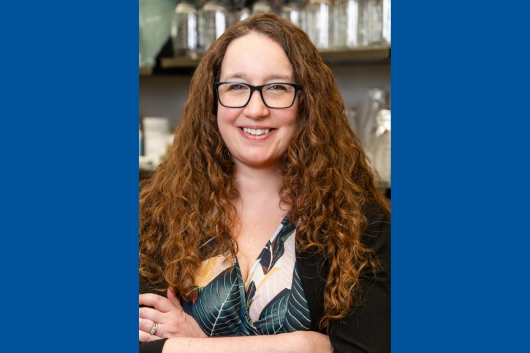
Dr. Jessica Hartman is a tenure-track Assistant Professor in the Department of Biochemistry and Molecular Biology and the Department of Regenerative Medicine at the Medical University of South Carolina. Dr. Hartman completed her Ph.D. with the support of a NSF GRFP fellowship at the University of Arkansas for Medical Sciences in the lab of Dr. Grover Miller studying enzyme kinetics of substrate oxidation by cytochrome P450 2E1 (CYP2E1). She then went on to do a NIEHS F32-supported postdoctoral fellowship with Dr. Joel Meyer at the Nicholas School of the Environment at Duke University where she studied mitochondrial toxicity in Caenorhabditis elegans, with a special focus on dopaminergic neurotoxicity while continuing her work on CYP2E1. She was then awarded a K99/R00 Transition to Independence award from NIEHS to study dopaminergic neurotoxicity rescue by long-term exercise in C. elegans. Now the Hartman lab at MUSC studies how diet and exercise induce changes in metabolism, including through CYP2E1, and how this alters cellular stress and response to toxic insults. Ongoing projects in the lab, supported by a R35 MIRA award from NIGMS and a R01 from NIAAA, focus on fundamental biochemical pathways within the liver-intestine-brain axis under normal conditions and during stress.
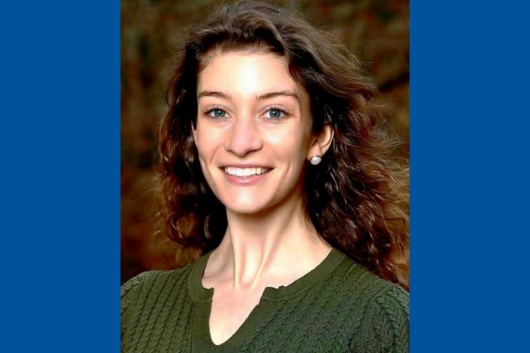
Kirsten E. Overdahl, Ph.D., is a mass spectrometrist and environmental health researcher dedicated to exploring emerging environmental contaminants and their health implications through metabolomics and exposomics. She currently serves as a Chemist and as Trans-NIH Metabolomics Coordinator in the Metabolomics Core Facility at the National Institute of Environmental Health Sciences (NIEHS), where she collaborates with researchers throughout all 27 institutes within the National Institutes of Health (NIH) to lead untargeted metabolomic investigations into in vitro, in vivo, and clinical research models to study the consequences of exposures and genetic changes as they pertain to biological and clinical outcomes. Her current independent research centers around integrating exposomics and metabolomics – two related fields that are often separated from one another – through best practices for untargeted analysis data interpretability and, more specifically, for identification of previously unrecognized chemicals and metabolites. Kirsten also serves as the Chemist for NIEHS Division of Translational Toxicology’s (DTT) Emerging Contaminants and Issues of Concern (ECIC) Program Management Team (PMT), where she is responsible for recommending and reviewing priority contaminants of concern for toxicological studies. She is a member of American Society for Mass Spectrometry (ASMS), Society of Environmental Toxicology and Chemistry (SETAC), and Best Practices for Non-Targeted Analysis (BP4NTA). Kirsten currently serves on the Executive Board of Triangle-Area Mass Spectrometry (TAMS) and is a member of NIEHS DIR’s Diversity, Equity, Inclusion, and Accessibility (DEIA) working group. She holds degrees from St. Olaf College (B.A., Chemistry w/ Environmental Studies Concentration, 2015) and Duke University (Ph.D., Environmental Toxicology, 2021).

Laura Carlson, Ph.D., has worked as a toxicologist at the US EPA in the Office of Research and Development’s Center for Public Health and Environmental Assessment since 2015. She develops human health risk assessments for criteria air pollutants through the Integrated Science Assessment program and for chemicals nominated to the Integrated Risk Information System and Provisional Peer-Reviewed Toxicity Value programs. Dr. Carlson received her doctorate in Environmental Science from Duke University, where she also received a certificate in toxicology and environmental health. Dr. Carlson provides risk assessment support to EPA program and regional offices and is involved in interdisciplinary research projects between government scientists and the broader research community. Dr. Carlson has specific expertise in the chemistry and toxicology of persistent organic pollutants and endocrine disrupting chemicals, and has authored numerous peer reviewed publications.
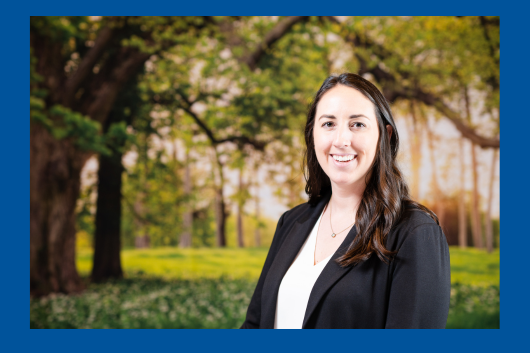
As a scientist for Environmental Defense Fund’s Healthy Communities program, Dr. Paige Varner’s work involves integrating scientific knowledge on environmental health and toxicology to reduce exposures to toxic chemicals and protect public health. This involves promoting just and protective implementation of various laws and policies, such as the Toxic Substances Control Act (TSCA) and federal- and state-level cumulative impacts policies. Further work involves consideration and promotion of assessing risks to chemical and non-chemical stressors cumulatively to protect communities, particularly those most overburdened and at risk, from unjust contamination. Before joining EDF, Paige was an ORISE Postdoctoral Fellow in the Environmental Protection Agency’s (EPA) Office of Research and Development working on cumulative impact assessments in communities vulnerable to contamination, climate change, and other social & health impacts. Prior to her fellowship, she received her PhD in Environmental Engineering and Toxicology at Duke University where she studied bioremediation of organic contaminants in the environment and contributed as a science consultant to a legal case pertaining to toxic contamination in an environmental justice community in North Carolina.
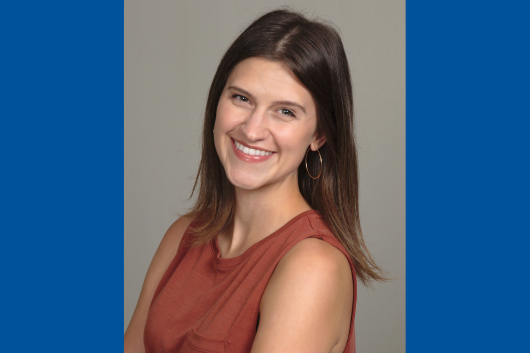
Savannah Volkoff, Ph.D., is an environmental engineer who earned her PhD in Civil and Environmental Engineering in 2019, along with a certificate from the Integrated Toxicology and Environmental Health Program (ITEHP). Her doctoral research focused on bioremediation of polycyclic aromatic hydrocarbons (PAHs) in the sediment of the Elizabeth River.
Currently, Savannah is an environmental engineer at Geosyntec Consultants, Inc. Her practice spans sediment site investigation and remedial action, beneficial reuse of dredged sediments, and the per- and polyfluoroalkyl substances (PFAS) site investigation. Additionally, she provides technical and statistical support for resource allocation and liability litigation.
